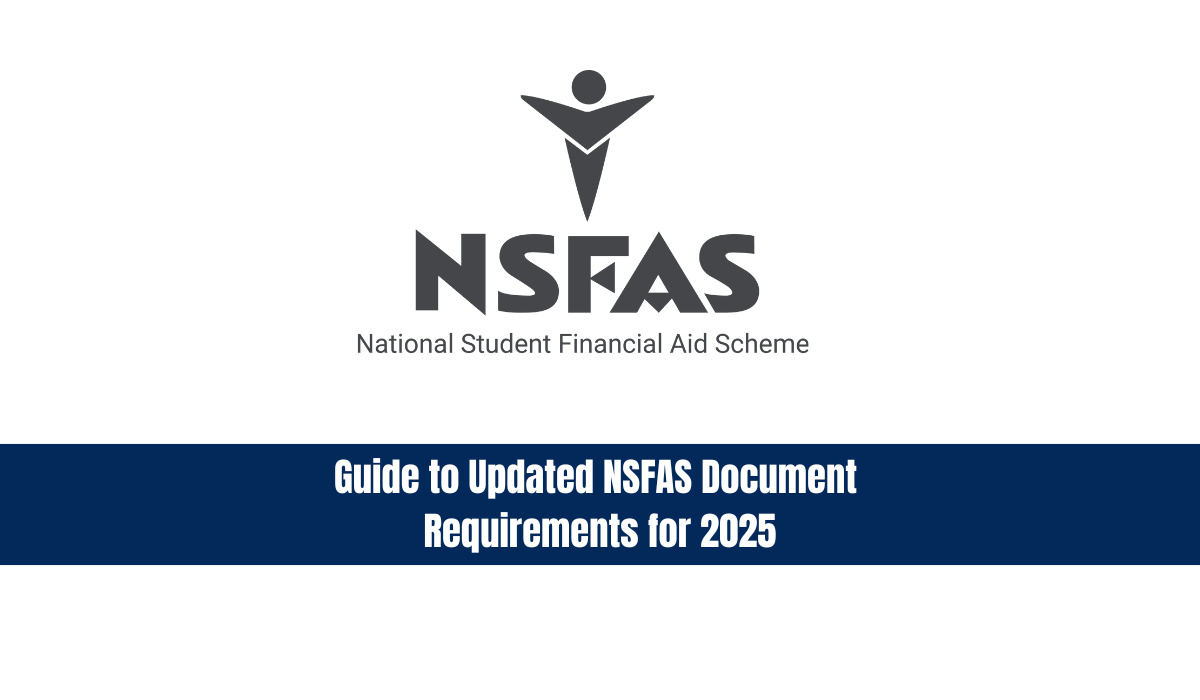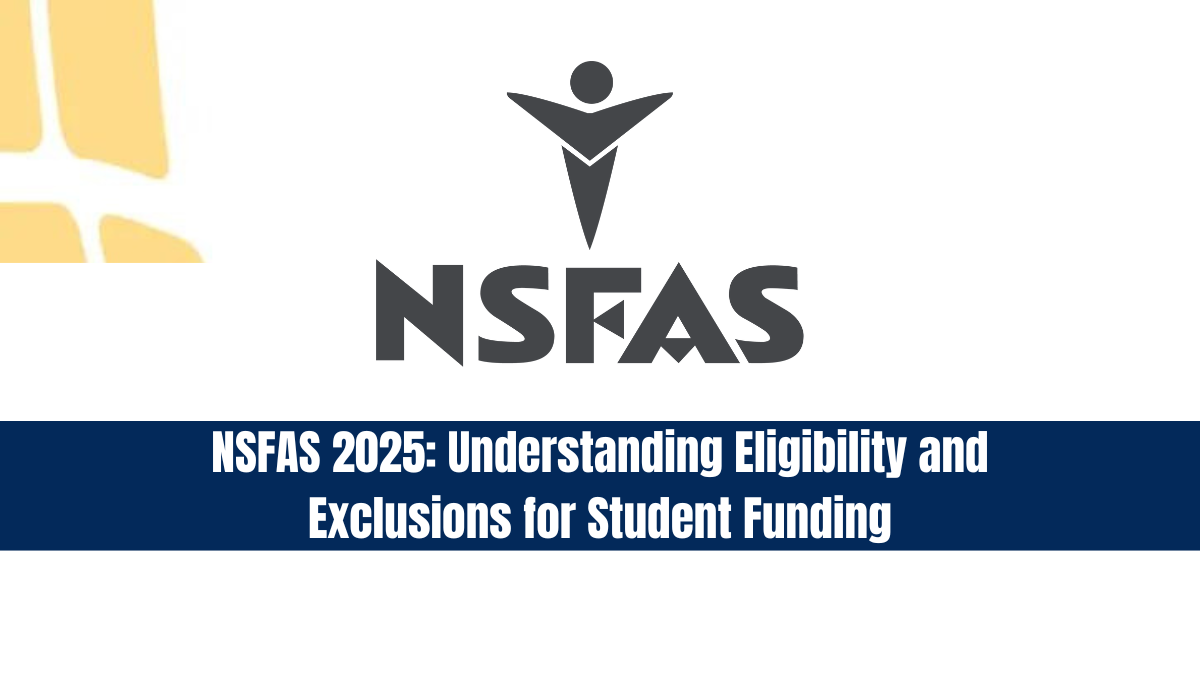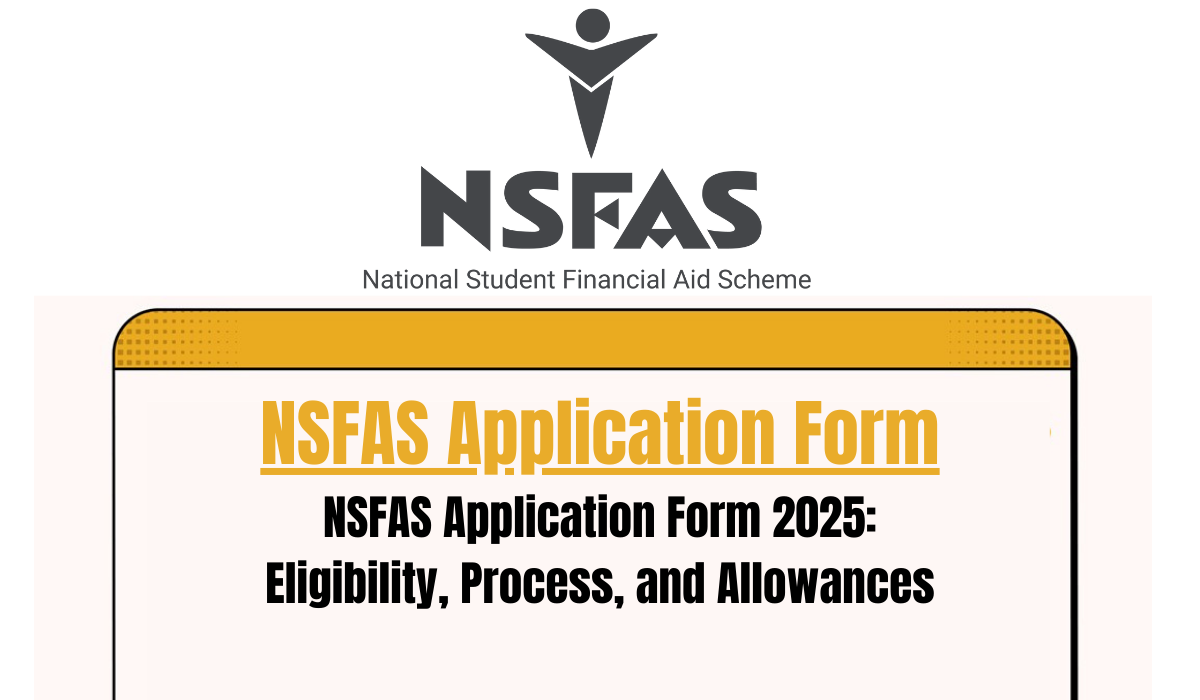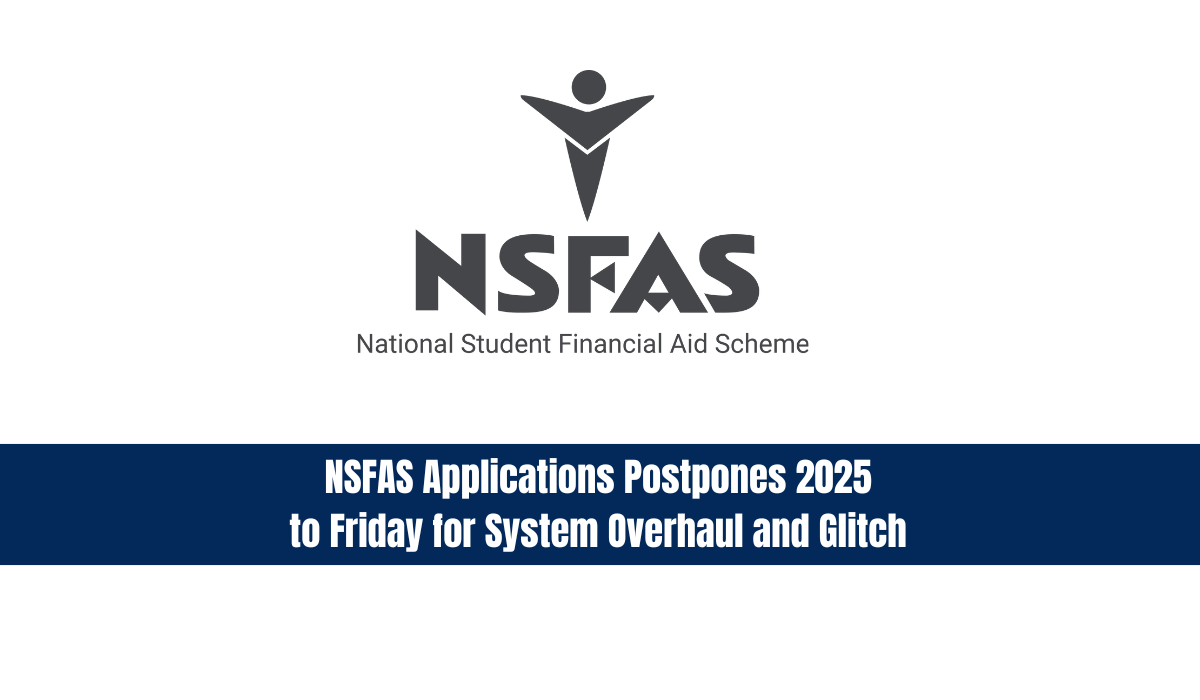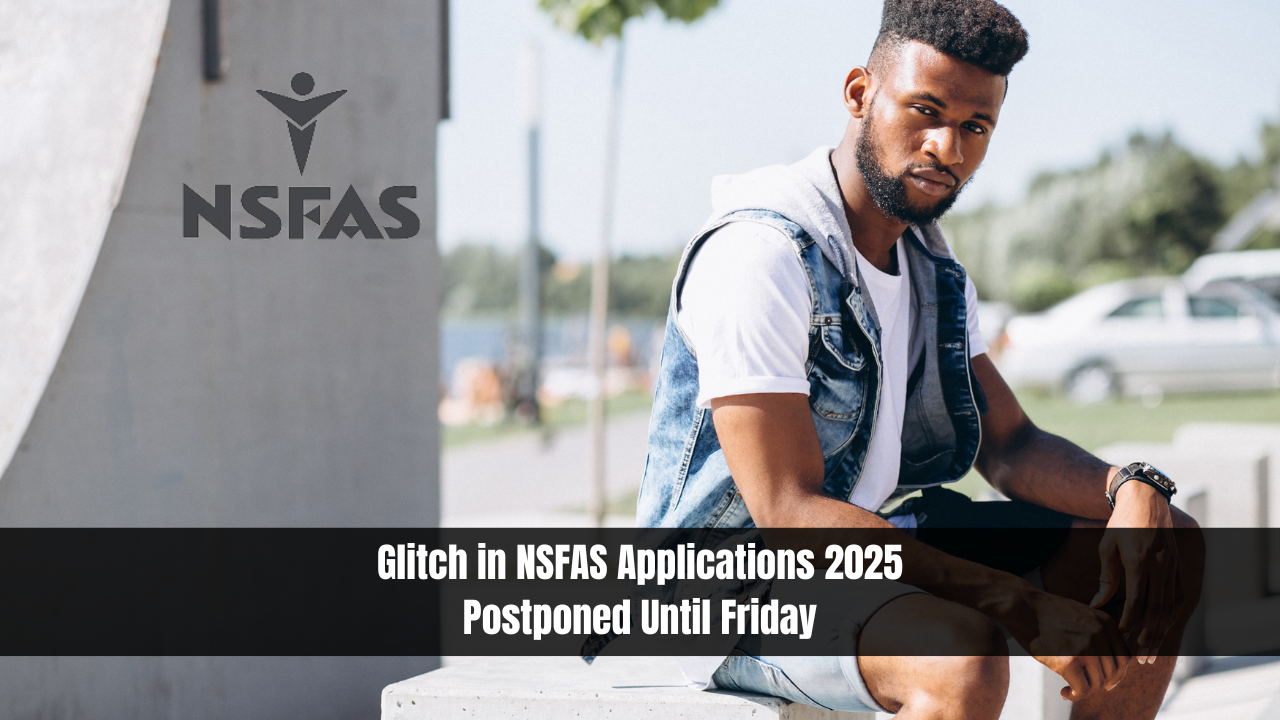Guide to Updated NSFAS Document Requirements for 2025. The National Student Financial Aid Scheme (NSFAS) is set to revolutionize its document submission requirements beginning in 2025. In a decisive move to heighten the integrity and effectiveness of its application process, NSFAS will discontinue the acceptance of affidavits as legitimate proof within its documentation array. This pivotal change is designed to enhance the authenticity of submitted information and reduce fraudulent claims, thereby ensuring that financial aid is awarded solely to applicants who genuinely qualify based on the outlined financial criteria.
Previous Reliance on Affidavits: Issues and Impact
Historically, NSFAS applicants utilized affidavits to declare their household and financial status. However, this method proved problematic due to insufficient verification measures, which often resulted in the submission of inaccurate or falsified information. The reliance on unverified affidavits led to numerous inconsistencies within the system, prompting NSFAS to reevaluate and update its documentation requirements.
Required Documents for NSFAS Applications
To align with the new guidelines and maintain a transparent evaluation process, NSFAS now mandates the submission of specific, verifiable documents. These include:
- Proof of Income: Applicants must provide recent payslips, bank statements, or employer confirmation letters to verify their income.
- SASSA Grant Information: For families benefiting from social grants, official SASSA documentation confirming grant specifics is necessary.
- Certified Identity Documents: To confirm the identities of all household members, certified copies of ID documents are required.
- Death Certificates: In instances where one or more parents or guardians are deceased, applicants need to submit official death certificates.
These documents will serve as robust proof of an applicant’s financial and family circumstances, thereby enabling NSFAS to make more accurate funding decisions.
Rationale Behind the Documentation Shift
The transition away from affidavits towards more concrete, certifiable documents is part of NSFAS’s strategy to construct a more streamlined, secure, and efficient application process. Affidavits, easily manipulated due to their lack of verification, previously allowed applicants to furnish potentially deceptive information. The new requirement for specific documents ensures that only verifiable information is considered during the assessment of applications, significantly reducing the likelihood of fraud.
Implementation of the New Documentation Requirements
To facilitate a smooth transition to the new system and help applicants comply with the updated requirements, NSFAS outlines several crucial steps:
- Document Collection: Gather all necessary and recent documents, ensuring they are certified within the last three months.
- Digital Submission: Upload all required documents through the NSFAS online application portal.
- Verification of Details: Double-check that all information, such as names and ID numbers of household members, is accurate and consistent across all documents to prevent processing delays.
Failure to adhere to these steps can result in application delays or rejections. Therefore, it is imperative for prospective applicants to carefully prepare their documentation according to the new guidelines.
Conclusion
NSFAS overhaul of its document submission requirements signifies a firm commitment to fairness and precision in the allocation of student financial aid. The phasing out of affidavits and the adoption of stricter documentation protocols are expected to enhance the overall efficacy of the funding process, ensuring that aid is distributed fairly among deserving students. For aspiring beneficiaries, understanding and adapting to these changes is key to securing the necessary funding for their educational pursuits.
